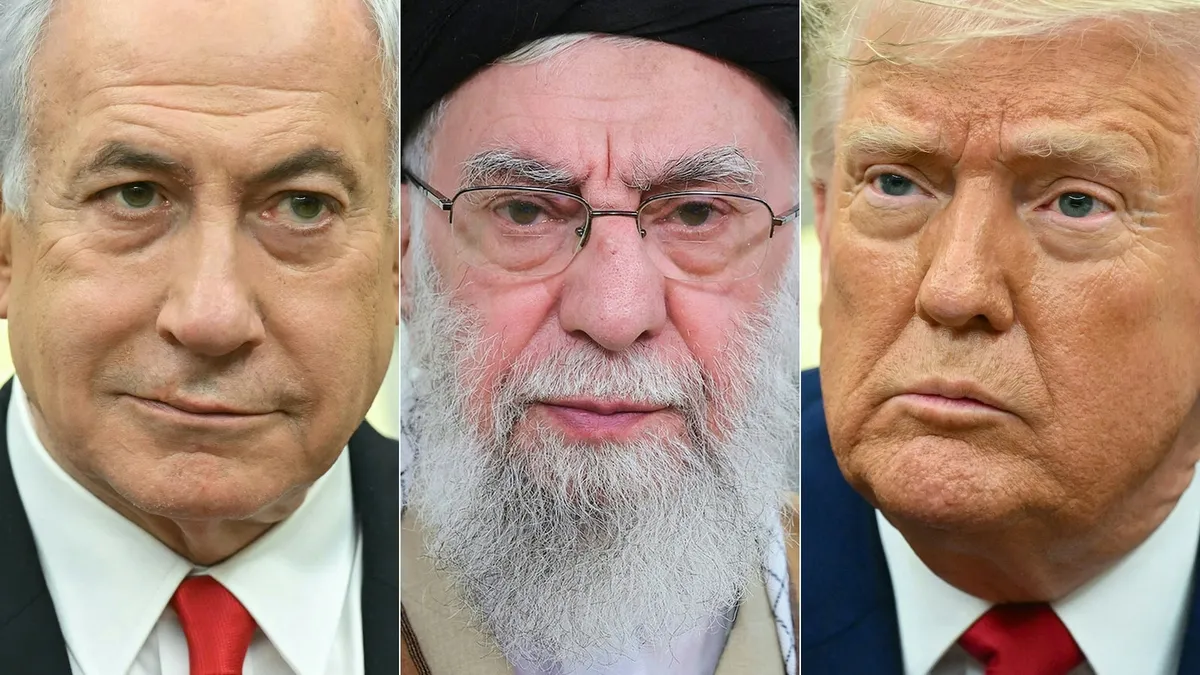
In a surprising turn of events, Israel and Iran have reached a historic agreement for a complete and total ceasefire, as announced by President Donald Trump on social media on Monday evening. This ceasefire is set to commence around midnight, marking a significant moment in the ongoing conflict between these two nations.
While neither Israeli nor Iranian officials have publicly commented on Trump's announcement, the details shared by the President indicate that the ceasefire will involve two distinct 12-hour periods. The first ceasefire will begin with Iran at approximately 12 a.m. EDT. According to Trump, this will occur after both nations have concluded their ongoing military operations, which he referred to as their “final missions.” Following Iran's ceasefire, Israel will initiate its own 12-hour ceasefire.
After a total of 24 hours, Trump stated that the conflict would officially be declared over, emphasizing the importance of this agreement. He expressed his congratulations to both countries, praising their "Stamina, Courage, and Intelligence" in bringing an end to what he termed "THE 12 DAY WAR."
This announcement comes just two days after the United States joined Israel in military actions, launching strikes on three Iranian nuclear targets. The conflict began on June 12 when Israel executed a series of military strikes against Iran, targeting multiple military installations, including those associated with the country's nuclear program. Israeli officials characterized these actions as a preemptive strike aimed at safeguarding national security.
Earlier on the same day as the ceasefire announcement, Iran launched missiles aimed at Al Udeid Air Base in Qatar, which is known to be the largest U.S. military base in the region. This action raised alarms about a potential escalation in hostilities. Fortunately, a U.S. official confirmed to ABC News that the missiles were intercepted with assistance from Qatar. In light of these events, Trump described Iran's missile response as "very weak" and adopted a tone of de-escalation on social media.
As developments continue to unfold, there are reports suggesting that Iran's missile attack could be viewed as a failed retaliation. This is a rapidly evolving story, and updates are expected as more information becomes available.